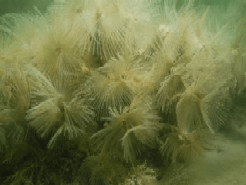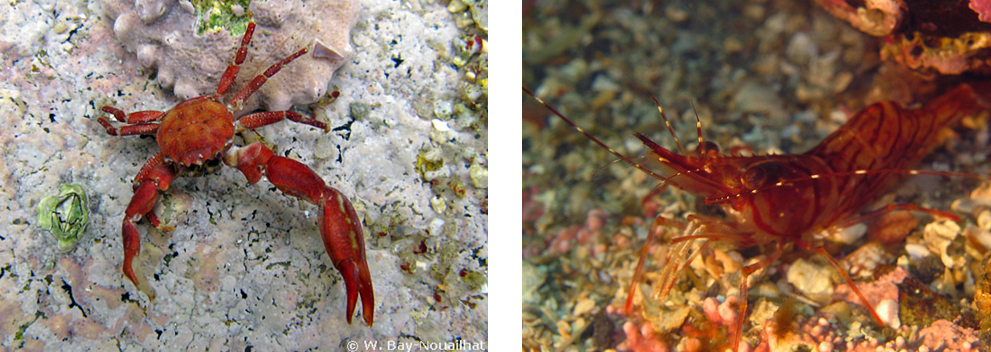Irish Coral Reefs!
Not many people are aware that Ireland does in fact have coral reefs of its own. They are not as obvious and extensive as other tropical reefs due to the fact that they are more commonly found in deeper waters. Coral reefs all over the world house a vast array of marine species ranging from small ones such as clams to reptiles such as sea turtles.
In Irish waters, the largest coral reefs are found in the Belgica Mound Province. This area is one of the most diverse deep water coral mound developments on the planet where over 50 giant coral mounds and 300 smaller coral reefs are present.
According to a study done by the Marine Geology Research Group at UCC, deep water coral reefs in Ireland are growing by 20% over 4 years which is much quicker than previously thought. Dr. Aaron Lim stated that "Over half the species of coral in the world are cold, deep-water species and many of them can be found in Irish waters between water depths of 600 m and 1000 m"
There are two types of reefs present in Irish waters: non-biogenic reefs and biogenic reefs. Non-biogenic reefs have a rocky substrate while biogenic reefs are constructed by animals.
Non-biogenic reefs may be found in many mild to harsh marine conditions. These reefs can be made of different types of rock including limestone, shale and granite. These reefs are believed to extend over 1200 metres deep and the species change with increasing depth.
Biogenic reefs include honeycomb reefs made by the polychaete worm (Sabellaria alveolata) and reefs made by the mussel ( Mytilus edulis) .
An example of biogenic reefs present in Ireland are the Sabellaria Reefs. Sabellaria Reefs can be several metres long and about a metre high and are usually formed by the polychaete worm (Sabellaria spinulosa). They mainly consist of sand grains and house many species that would most likely not be there if the reef was not present. These species include the long-clawed porcelain crab (Pisidia longicornis) and pink shrimp (Pandalus montagui) which feed on the worms and other invertebrates which take shelter in the reefs. The crustaceans then may attract larger predators such as basking sharks (Cetorhinus maximus) .
For a more detailed description of coral reefs in Ireland, make sure to refer to the National Parks & Wildlife Services:
Overall, coral reefs are a vital part of marine habitats in Irish waters. They house several species but are themselves at the bottom of the food chain providing for consumers. However, they lack appropriate protection due to the fact that most people do not know that such reefs exist in Irish waters. Unfortunately as a result, limited efforts are made to protect the reefs due to insufficient information relayed to the public, which in turn has a negative impact on the animals that live in such coral reefs.
SHARE THIS ARTICLE

















